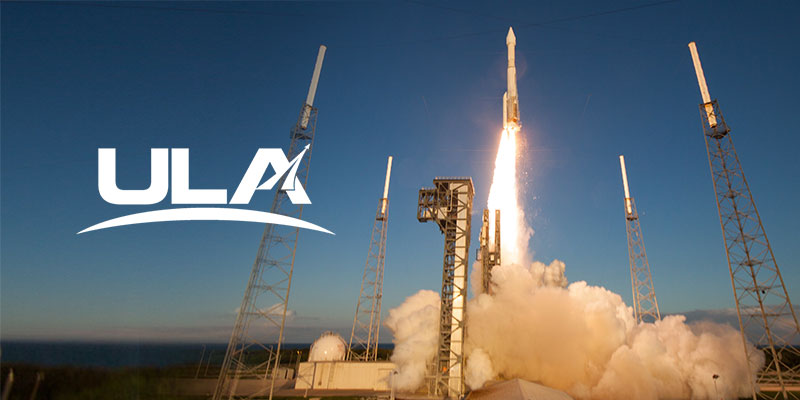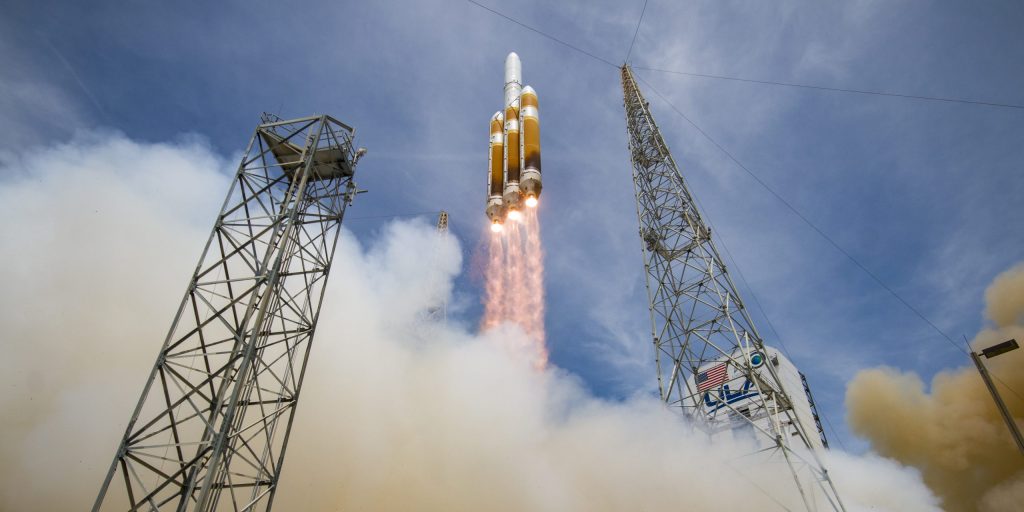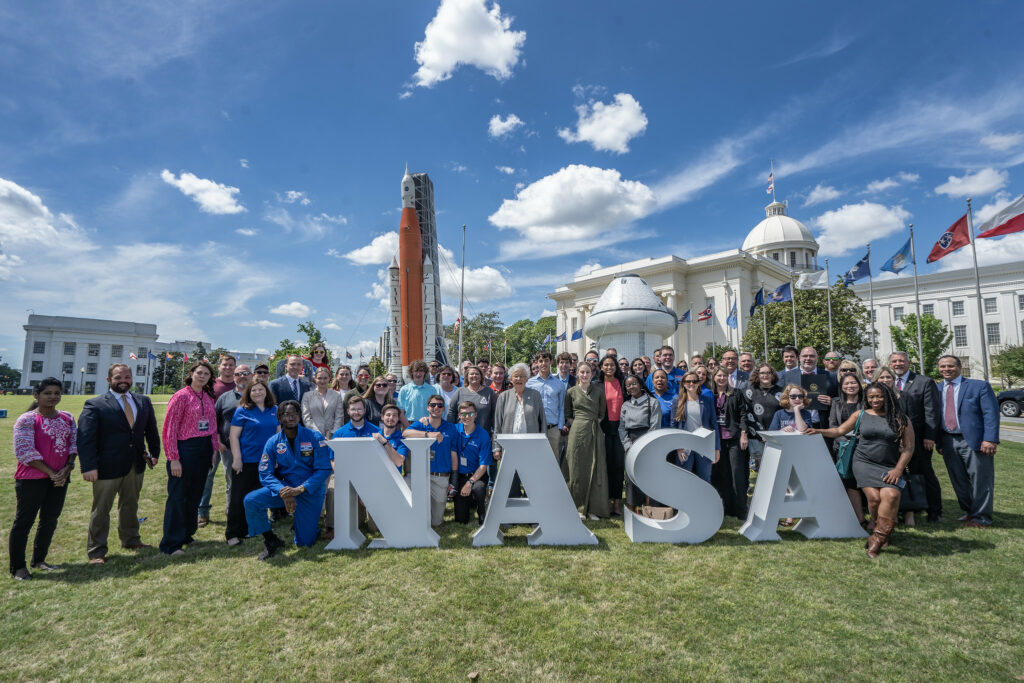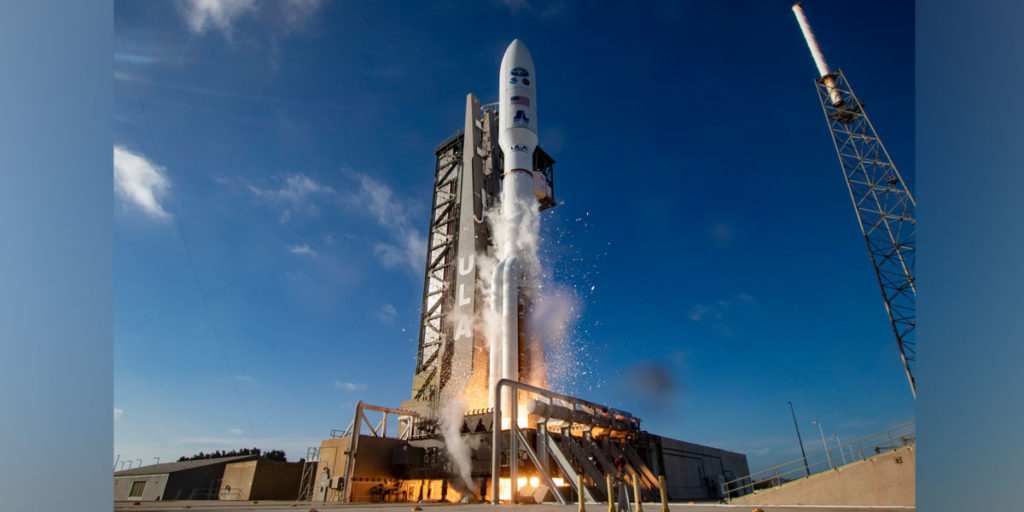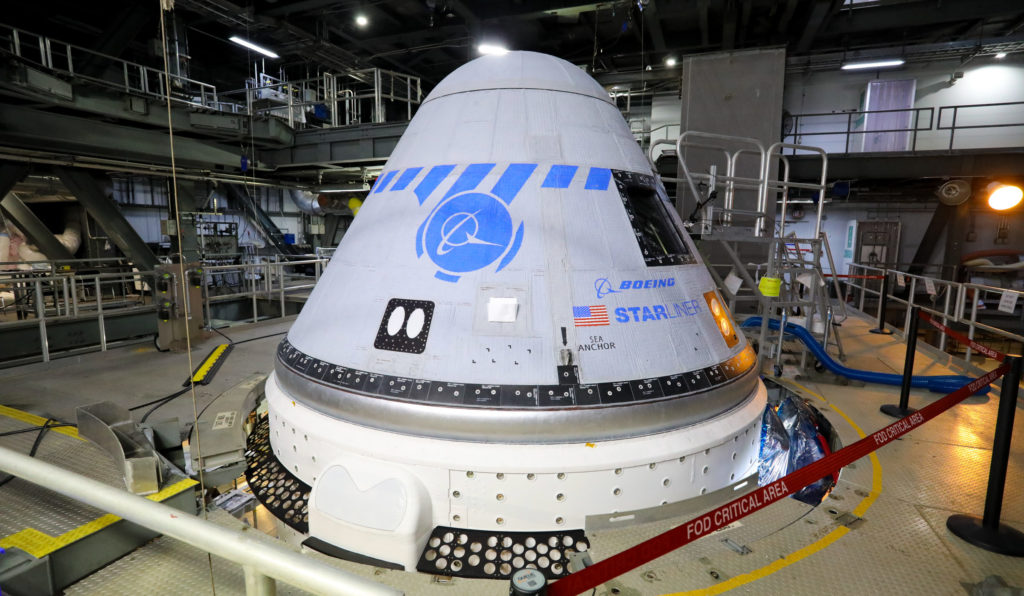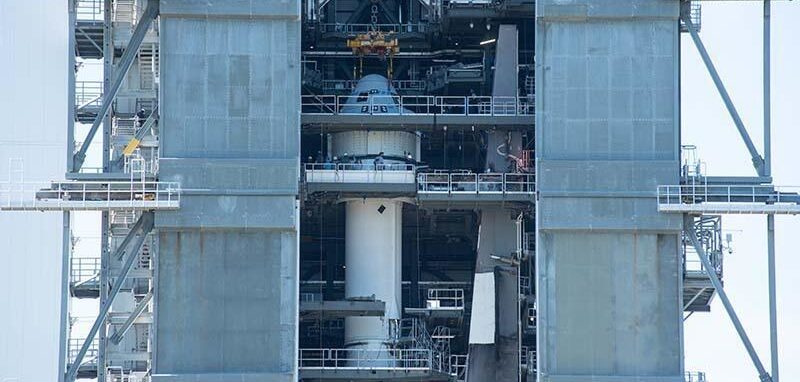It’s been over four years since United Launched Alliance’s (ULA) Atlas V rocket powered NASA’s OSIRIS-REx into space. The spacecraft — launched on September 8, 2016 — is scheduled to attempt its mission on Tuesday following a long journey.
However, NASA hopes that it will be well worth the wait, as OSIRIS-REx’s mission is a historic one.
The spacecraft will attempt to perform a “Touch-and-Go” maneuver on the asteroid Bennu and become the first ever NASA spacecraft to collect a sample from an asteroid.
The mission is explained as follows:
OSIRIS-REx seeks answers to the questions that are central to the human experience: Where did we come from? What is our destiny? Asteroids, the leftover debris from the solar system formation process, can answer these questions and teach us about the history of the sun and planets.
The OSIRIS-REx spacecraft is traveling to Bennu, a carbonaceous asteroid whose regolith may record the earliest history of our solar system. Bennu may contain the molecular precursors to the origin of life and the Earth’s oceans. Bennu is also one of the most potentially hazardous asteroids, as it has a relatively high probability of impacting the Earth late in the 22nd century. OSIRIS-REx will determine Bennu’s physical and chemical properties, which will be critical to know in the event of an impact mitigation mission. Finally, asteroids like Bennu contain natural resources such as water, organics, and precious metals. In the future, these asteroids may one day fuel the exploration of the solar system by robotic and crewed spacecraft.
OSIRIS-REx is the third mission in NASA’s New Frontiers program. The first two missions – New Horizons and Juno – also launched on Atlas V rockets. ULA builds its rockets at a world-class manufacturing facility in Decatur, Alabama.
ULA and its heritage rockets have launched missions to every planet in our solar system, including every American-led mission to Mars and a few places beyond. To date ULA has launched 140 times with 100% mission success.
The OSIRIS-REx spacecraft is expected to attempt its first sample collection around 4:50 p.m. CT on Tuesday. You can learn how to tune-in live here.
Watch the Alabama-powered launch from 2016:
Sean Ross is the editor of Yellowhammer News. You can follow him on Twitter @sean_yhn




